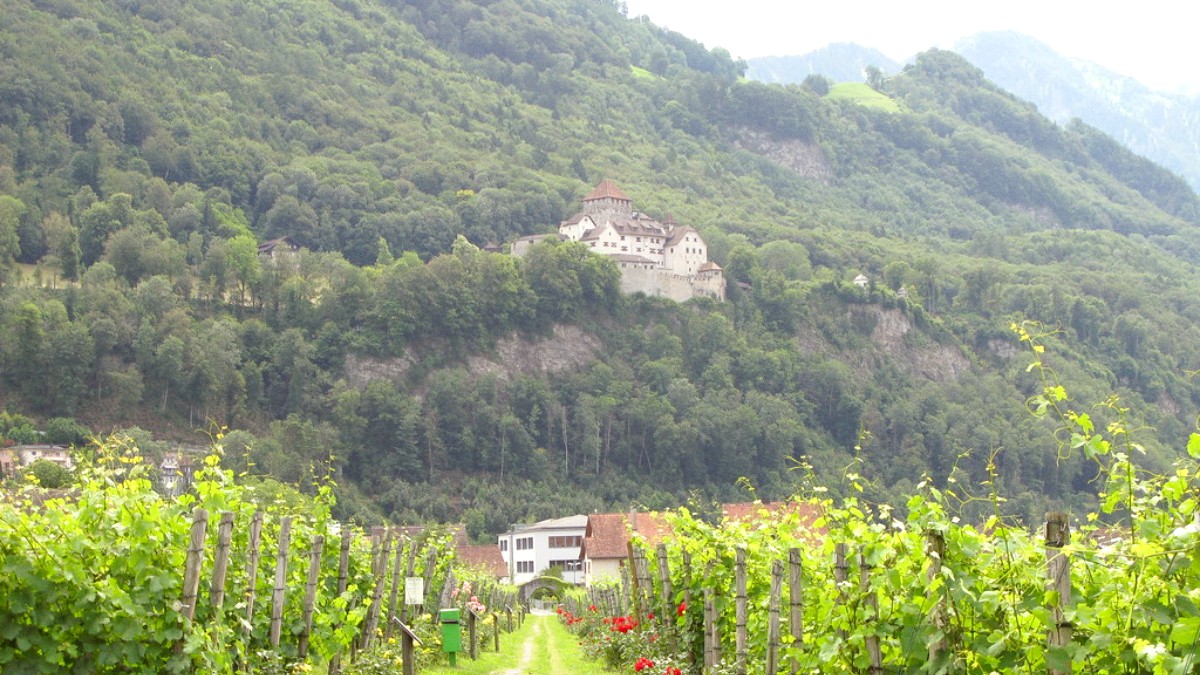
Liechtenstein
Liechtenstein places a strong emphasis on environmental protection and biodiversity. Several designated nature reserves, like the Ruggeller Riet Nature Reserve, managed to conserve flora and fauna.
Liechtenstein has an excellent and highly efficient waste management system. Recycling strongly encouraged and widely practiced by residents. Separate bins for various types of waste: glass, paper, PET plastic bottles, aluminum cans, organic waste.
Liechtenstein's water resources generally abundant and well-managed, mainly sourced from surrounding Alps. Responsible water use always appreciated. Do not waste water.
Making environmentally conscious choices and observing local customs.
While Liechtenstein does not have specific, dedicated carbon offset programs for tourists, consider offsetting your international flights through reputable international providers.
Some hotels in Liechtenstein may have environmental certifications or actively promote eco-friendly practices (e.g., energy efficiency, local sourcing, waste reduction). Inquire directly with hotels or look for information on their websites regarding their sustainability efforts.
Institutions like the Liechtenstein National Museum and the Walser Museum in Triesenberg dedicated to preserving and showing local culture, history, and traditions.
Mindful Photography: Be mindful of privacy, especially when photographing individuals. Ask for permission before taking close-up photos of people.
Your travel choices directly benefit the local economy and communities.
Due to Liechtenstein's small scale, tourism naturally supports local businesses. No large-scale, formalized community-based tourism initiatives as in developing countries.
Look for locally produced goods, like Liechtenstein wines from the Princely Wine Cellars, local cheeses, or handmade crafts.
Choosing local establishments strengthens the local economy.
Exploitation of labor or harmful practices are not significant concerns in Liechtenstein due to its high standard of living, strong labor laws, and strict regulations.
Your spending directly supports the local economy.
Choose restaurants that source ingredients locally for authentic flavors and community support.
Purchasing handmade goods directly benefits local artisans and preserves cultural heritage.
Opt for local guides and tour operators to ensure your travel budget remains within the community.